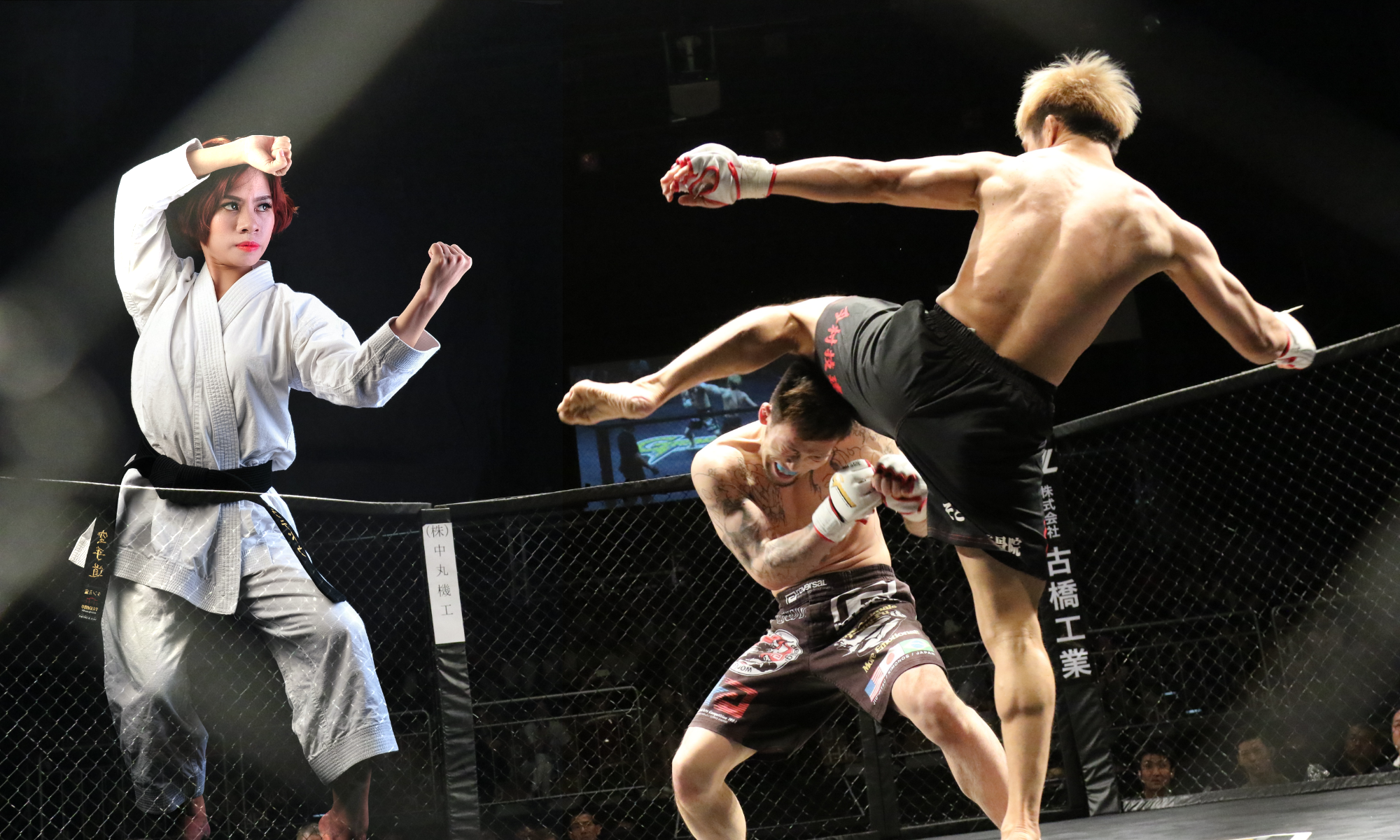
MMA judge Douglas Crosby has come under fire recently due to a pair
of scorecards he submitted at
Bellator 289 and
UFC 282 on back-to-back nights.
Advertisement
In the bantamweight grand prix semifinal between Danny
Sabatello and Raufeon
Stots, Crosby submitted a 50-45 tally in favor of Sabatello,
which was the lone dissenting scorecard in Stots’ split-decision
victory. One night later, Crosby was one of three judges who
rewarded Paddy
Pimblett with a 29-28 verdict in the Englishman’s controversial
unanimous decision win against Jared
Gordon in the UFC 282 co-main event.
Crosby recently appeared on Chael
Sonnen’s
”You’re Welcome” podcast, and while he didn’t address specific
scorecards, he offer some explanation at what he values when
scoring a fight.
“Over the last 15 years, when you talk to the fighters, the
overarching comment – and I’m not going to call it a complaint,
I’ll call it a comment or a concern, is that effective grappling is
not given enough weight in the scoring criteria and recently, the
scoring criteria has been modified and updated so that effective
striking and effective grappling are considered equal,” Crosby
said. “And if effective grappling is considered the equal of
effective striking, and then you look at any of my scores through
that newly ground mental lens, the scores may become easier to
understand.
“But that has to do with reading and understanding the criteria and
I don’t know who does that and who doesn’t. I do know that
when I talk to fighters they are overwhelmingly intelligent and
articulate and courageous and I respect them all, for better or
worse, and that’s what moves me forward, is what’s best for the
fighters not what’s best for the coaches or the media. For the
fighters and any fighter knows that they can discuss anything with
me in private at any time.”
Crosby added that he has very little time between rounds to a sign
a score to what he just witnessed, which only makes the task more
difficult.
“You’ve got to assign a numerical value to what you just saw and on
average you get about 15 seconds to turn that score in,” Crosby
said. “If you write off about five of those seconds for the time it
takes to write it, that leaves you about 10 seconds to make a
decision about who won a round and who lost a round, in the most
sophisticated, dynamic sport featuring the best athletes in the
world. As a judge that’s what you are doing. I do everything I can
to avail myself of whatever knowledge and insight I can get from
the fighters, first and foremost, from the fighters.”
The other controversial issue regarding Crosby’s weekend was the
fact that the veteran judge traveled across the country from
Uncasville, Conn. for Bellator 289 on Dec. 9 to Las Vegas to work
UFC 282 one night later. That ultimately led to the California
State Athletic Commission
adopting a rule that prohibits judges and referees from
traveling across the country to work events on consecutive days. In
this instance, Crosby believes people willing to work hard for the
sake of the sport shouldn’t be punished for wanting to do so.
“Anyone who criticizes people for working, you can probably look
into the data of people who criticize working class people and find
some commonalities,” Crosby said. “One of the commonalities you
will probably find is that the people making those critiques are
not members of the working class. Anybody involved in MMA who would
criticize or complain about that, about doing what working class
people do, has probably not been in the lobby of the hotel in a
second tier city after at event at 2:45 in the morning after the
restaurant in closed and since it’s a second tier city, there are
no other restaurants. They’re sitting in the lobby of that hotel
eating a power bar or a Slim Jim or whatever they found in their
knapsack to eat, knowing that they’ve got to catch a 5 a.m. shuttle
to the airport. I know how that feels because I’m in that lobby,
too.
“I travel on those shuttles and I sit in those coach seats for the
fighters and for the sport. You’d have to ask yourself, before you
accept that as valid criticism, I would qualify the source of that
criticism and say is this a working class person making that
critique or is it a fabulously wealthy person making that critique?
You’d have to assign a value to the criticism based upon the person
doing the criticizing.”

